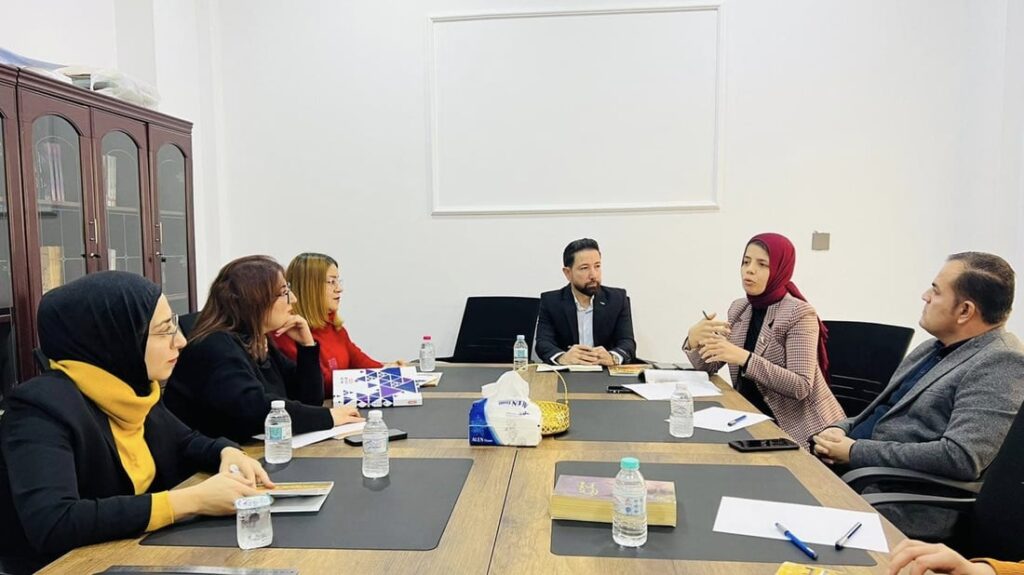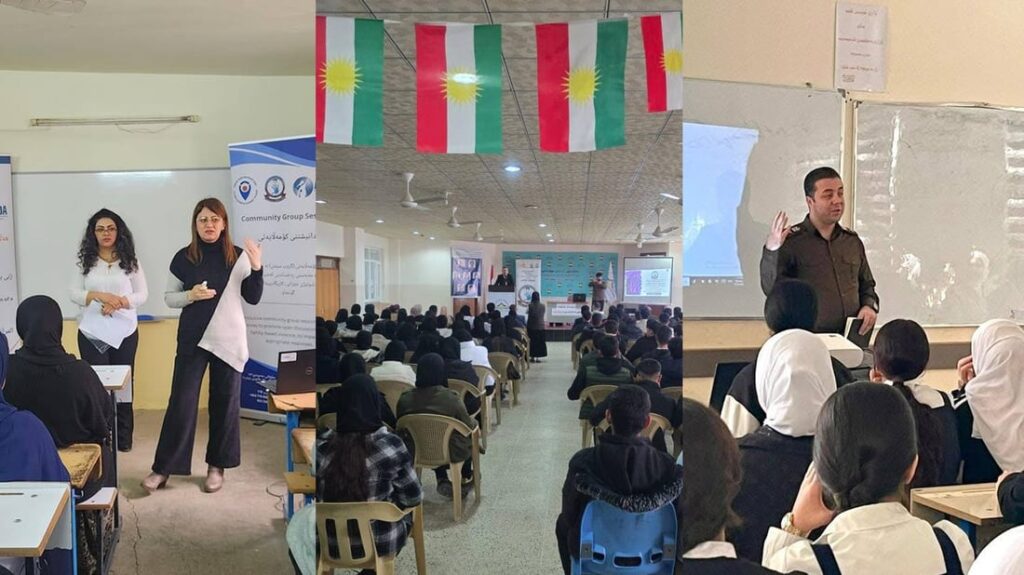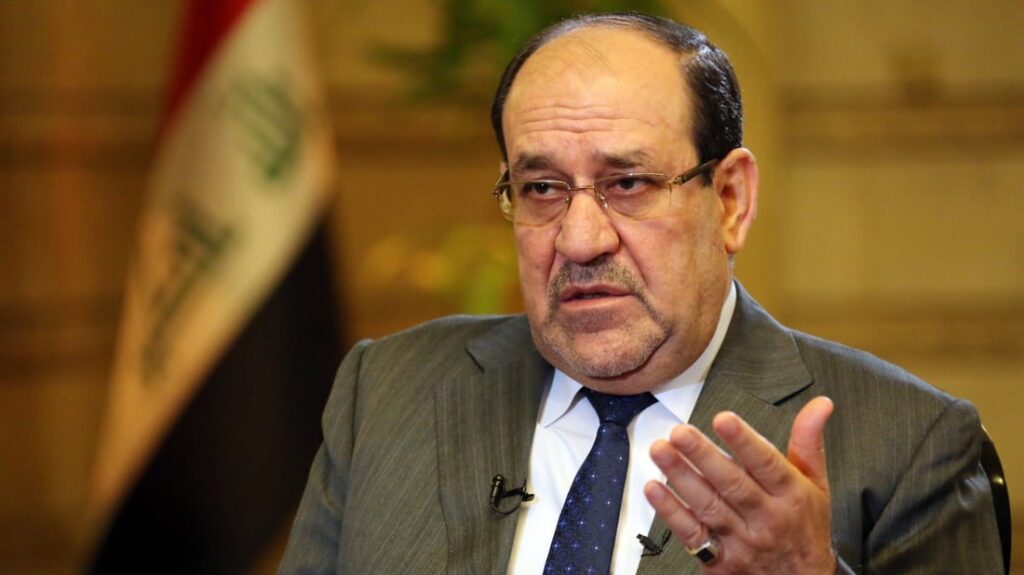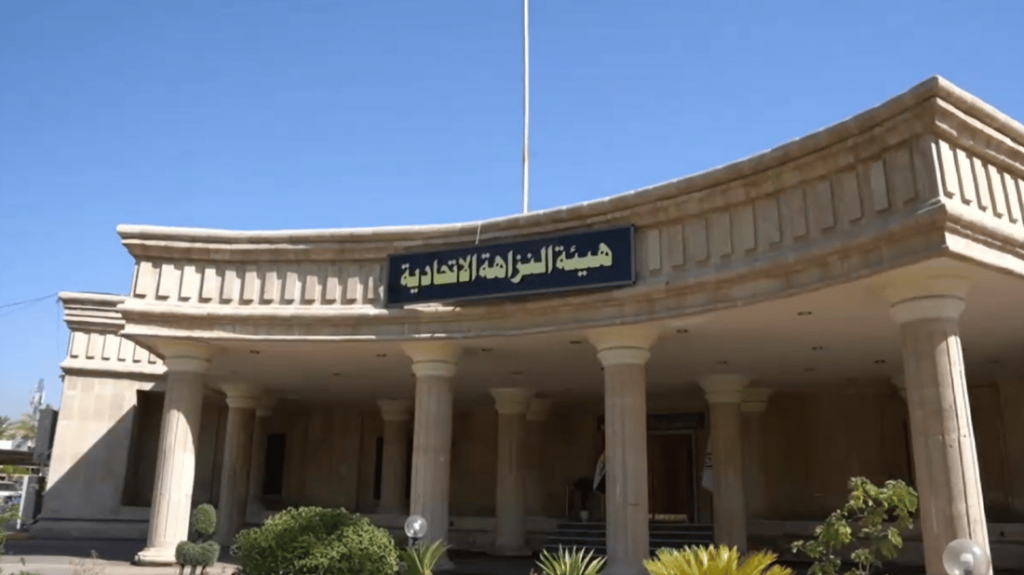South Sudan: Emergency Response Must Go Beyond Physical Needs
Simon was living alone on the edge of the village. He worked by himself on building his tukul away from his family, gathering long grasses to prepare the roof. He stopped cutting his hair and was doing his own cooking. Each day he walked to the borehole to collect water and could sometimes be seen talking to himself.
Simon lives in Unity State, South Sudan, where recurring conflict and brutal violence have caused people to flee for their safety several times. As recently as mid-2018 people saw their homes burned, witnessed the killing of family members and destruction of livelihoods, and experienced rape and abduction.
In some places his isolation would go unnoticed, but in South Sudan’s social, community-based culture, Simon’s behaviour was unusual. Young men generally stay with their families until marriage, communities come together to build the traditional houses, and men keep their heads closely shaved.
James Gatguok, a Psychosocial Support Assistant with Medair who lived in Simon’s village, began to visit Simon while he worked on his tukul. Together the men straightened the poles and tied them tightly. After several visits, James was able to talk to Simon about visiting Medair’s health clinic but the man declined, insisting that he wasn’t ill.
Ri?t Kroeze, Senior Mental Health and Psychosocial Support Advisor (MHPSS) for Medair, says that while meeting basic needs is critical, any response to an emergency caused by conflict or natural disaster must additionally address the mental health and societal impacts.
“When we assess the impact of an emergency, if we are not looking at the mental health of the population, our response will be incomplete,” says Ri?t. “Mental and psychosocial health support should be integrated into primary health care and nutrition services, and in fact every humanitarian aid action can incorporate a psychosocial approach.”
Even in contexts where specialised services are limited or non-existent, humanitarian agencies can provide care suitable for the majority of people.
“Violence, fear, and uncertainty create chaos, and lacking the basics of life affects people emotionally, but not everyone is impacted in the same way,” says Ri?t. “There are several mental health and psychosocial activities that can be implemented in humanitarian settings; each one adapted to the culture and the needs of the community.”
Restoring support structures and creating awareness around positive coping mechanisms can be all the support some people need to maintain mental and psychosocial well-being. Care Groups, parenting support, and cultural activities can have a profound impact on helping a community recover from shock.
In South Sudan, where mental health support is relatively unknown and specialised services are very limited, local health staff are trained in delivering MHPSS services. Implementing the mhGAP-HIG (mental health Gap Action Programme Humanitarian Intervention Guide) equips non-specialised health workers to follow a thorough clinical decision making process. The guide is a practical tool and addresses the clinical assessment and management of mental, neurological and substance use conditions, specifically for areas affected by humanitarian emergencies.
To support Simon in South Sudan, James Puoch, a Psychosocial Support Officer for Medair, made a point of going to the borehole.
“Because James Gatguok had visited him every evening to help with building the tukul, we learned that Simon had lost many people,” said James Puoch. “He didn’t trust anyone. Finally when I met him at the borehole, he agreed to come to the clinic.” Simon was assessed by a Medair health worker trained in mhGAP-HIG, and he received treatment for psychosis. After the treatment began, James Gatguok maintained contact with Simon.
“Initially we talked to him daily and, over time, he began to behave more like his former self. He even asked James Gatguok to shave his head for him!” says James. Simon has since been able to rejoin his community. “If you see him now, he is talking to people and he visits the market. He is looking to get married now!”
“With the training, staff who are seeing people in health and nutrition clinics can recognise common mental health and neurological conditions,” says Ri?t. “Even without having years of specialised education, many conditions can be managed at the primary health care and community level.”
During emergencies, people with pre-existing conditions are particularly vulnerable; not only because of the stress of the crisis but also due to the interruption in supply of medications for neurological conditions.
In South Sudan most health services were interrupted when conflict began in 2013. In Unity State people have been dispersed and are sometimes living in the bush areas outside of villages. Working in small teams, Medair MHPSS staff provide services in borrowed spaces or even under shade trees. Word spreads quickly that help is available.
“People needing treatment for epilepsy are walking long distances to reach us when they know that medications are available,” says Natalie Page, Medair’s Health Advisor for South Sudan.
“They have gone years without treatment; some have never been officially diagnosed. Since we have trained our staff in mhGAP-HIG they have assessed and managed many cases of epilepsy. Finally these people are free from the convulsions and resulting injuries.”
A woman with heavy scarring and contractures in her hands said she had been burned multiple times from falling in the cooking fire while convulsing. She was given medication for her epilepsy and when she returned to refill her supply, the MHPSS staff reminded her not to share the medicine. “She seemed shocked even at the suggestion,” says Natalie. “She said ‘This has changed my life, why would I share it? I’m going to take it myself!’”
One women reported that she hadn’t slept properly in years. As she watched over her little girl, she worried that she would have an epileptic seizure during the night. Finally, after receiving medication and knowing that the seizures had stopped, she was able to sleep through the night.
In Iraq, Medair operates primary health care clinics in communities where people are returning home after years of displacement due to conflict. Within the culture there is general acceptance around seeking mental health support and people come to clinics requesting mental health services. This setting is conducive to creating small groups and offering a structured curriculum.
People attend psychosocial support meetings for up to nine weeks and learn to identify symptoms of stress and other common responses to crises, and how to support themselves and others in their community. In some locations individual counselling is offered as a follow-up for group members who require one-on-one discussion.
Raqqan is the mukhtar, or community leader, in a village on the outskirts of Mosul where Medair operates a primary health clinic and offers psychosocial support groups separately for men and for women, as is appropriate for the culture. Raqqan attended the first weekly meetings held at a mosque beside the health clinic. “This is so good for us to get together and talk about what is in our hearts,” says Raqqan. “We talk about our losses and share our feelings together. It helps us come together as a community.”
In Jordan, Syrian refugees find skills for coping with their experiences and circumstances through peer support groups offered as part of a case management project that includes cash assistance. Ibrahim, a father of four, says he struggled not only with what happened in his home country, but also with rebuilding his life in Jordan: “We had jobs, houses, and stable circumstances back in Syria. But we suffered a lot after the crisis; you could not find a Syrian refugee now who did not hear a bombing or saw the death of someone.” In Jordan, Ibrahim worked in a restaurant but struggled financially after losing his job. “I was thrown out from my home twice for not paying the rent, I would come back home to find all my things piled in the street. I had nowhere to go, I wanted to die!”
After Ibrahim enrolled in Medair’s peer support groups, he felt relieved, as these sessions taught him how to face his problems. He learned how to treat his wife and children in a better way, and he no longer screamed or talked to the people around him in an angry tone. “My spirit was lifted, and all those pressures were no longer there,” he recounted.
From the very beginning of a response, even when addressing the most basic needs of any population, every humanitarian sector can accommodate the psychosocial impacts of emergencies. Community-based and participatory approaches, ensuring equity of care and access, systemic, inclusive assessment of needs, and a multi-layered approach improve the societal impact of any action.
“When dealing with any emergency, you need to provide for the basic needs – restoring health care, ensuring access to clean water for example – but if you’re not also addressing the emotions of the population, it will be difficult to rebuild the community,” says Ri?t. “You cannot expect people to rebuild a broken community with a broken mind.”
This content was produced with resources gathered by Medair field and headquarters staff. The views expressed herein are those solely of Medair and should not be taken, in any way, to reflect the official opinion of any other organisation.





